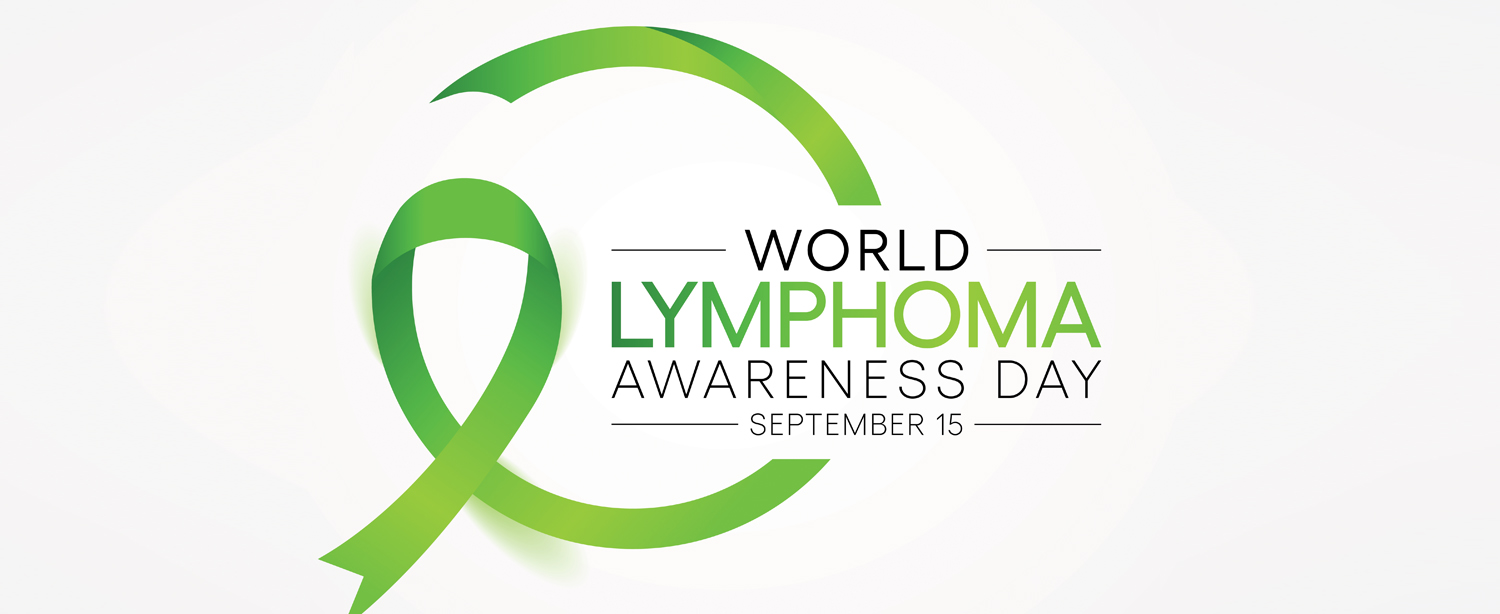Lymphoma is a cancer of the lymphatic system. This condition develops in lymphocytes, a type of white blood cell. These cells are crucial to the body’s immunological defences and aid in the battle against disease. The most frequent blood cancer found in adults is lymphoma, and it is also the third most frequent disease found in children. While the exact cause of lymphoma still remains unknown, non-Hodgkin’s lymphoma occurs much more frequently in HIV-infected people than in the general population. Lymphoma cannot be prevented, but survival rates after timely treatment are promising.
Types of Lymphoma
The 2 primary types of lymphoma that are commonly seen include Hodgkin lymphoma and non-Hodgkin lymphoma (NHL). They usually occur in both children and adults.
- Hodgkin lymphoma
Most people who suffer from Hodgkin lymphoma have the classic form. This form has large, abnormal lymphocytes (white blood cells) in their lymph nodes. This is usually a curable form of lymphoma. - Non-Hodgkin lymphoma
There are many kinds of Non- Hodgkin lymphoma that form from different kinds of white blood cells, such as B cells and T cells. NHL may be slow-growing or aggressive. In this type, the white blood cells called lymphocytes grow abnormally and can form growths (tumors) throughout the body.
Symptoms of Lymphoma
Lymphoma has symptoms that are similar to other viral illnesses, like the common cold. They often go on for a longer duration, though. A painless enlargement of a lymph node in the neck or upper chest is the most typical early indication of lymphoma. You may occasionally feel swollen lymph nodes in your groin, stomach, or armpit. The swelling does not go away when it is lymphoma. The overlap of symptoms can often lead to misdiagnosis of this condition. Watch out for these symptoms of lymphoma and seek urgent medical care:
- Ongoing fever without infection
- Night sweats, fever, and chills
- Weight loss and reduced appetite
- Unusual itching
- Persistent fatigue
4.3% of all new cancer cases are lymphomas. Through the lymphatic system, lymphoma can quickly spread from the lymph nodes to other regions of the body. The immune system is less effective in fighting infections as malignant lymphocytes invade other tissues.
How is Lymphoma diagnosed?
There are no routine screenings for lymphoma. A person should see a doctor if they continue to experience viral symptoms. Additionally, they will perform a physical examination, looking for any potential swellings in the armpits, groin, neck, and abdomen. The doctor will search for indications of infection close to lymph nodes because this is the most common cause of swelling.
Usually, if a doctor suspects lymphoma, a biopsy will be performed. In order to do this, cells from an enlarged lymph node must be removed. To ascertain whether lymphoma cells are present and whether cell type they are, a specialist known as a hematopathologist will study the cells. Using imaging scans like a CT or MRI, it is possible to find new tumours or enlarged lymph nodes. Blood and bone marrow testing, imaging, and a physical examination that may involve a lymph node biopsy are all necessary for the diagnosis of lymphoma.
Lymphoma Treatment at Kokilaben Dhirubhai Ambani Hospital
The treatment advised for each case depends on various factors such as the exact type and stage of the lymphoma, its grade, your age and your general health. The treatment is also determined on the size of the affected nodes and which parts of the body are affected. The treatment is aimed at destroying as many lymphoma cells as possible and to induce a complete remission; that is, to eliminate all evidence of disease.
There are several treatment options, including radiation therapy, chemotherapy, and stem cell transplant. Chemotherapy and blood and marrow transplant are the main modalities used to treat lymphoma. Consult highly trained and experienced oncologists at our Centre for Cancer for a detailed diagnosis and for expert intervention. To know more about our Lymphoma care, visit our website: https://www.kokilabenhospital.com/departments/centresofexcellence/centrefor_cancer/lymphoma.html


